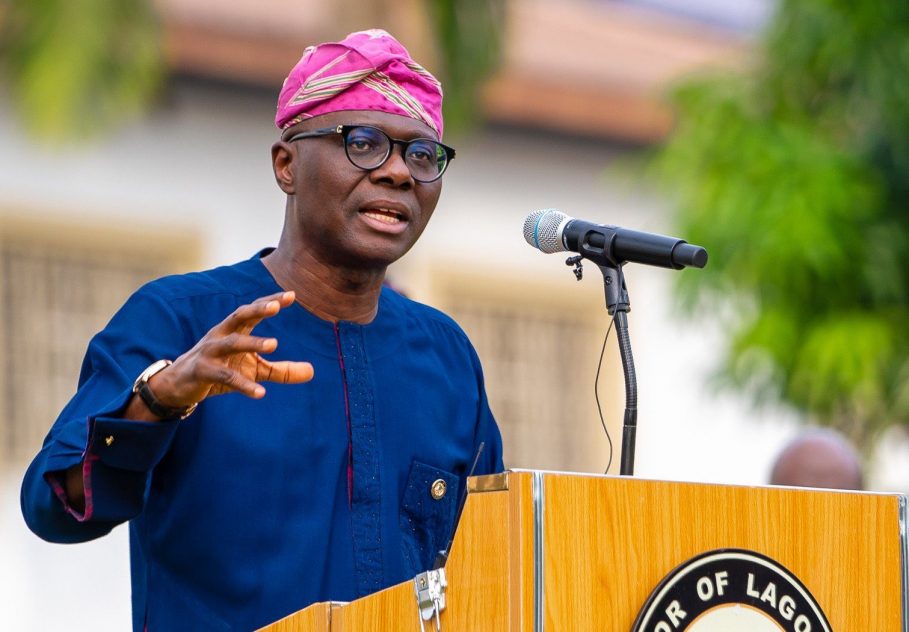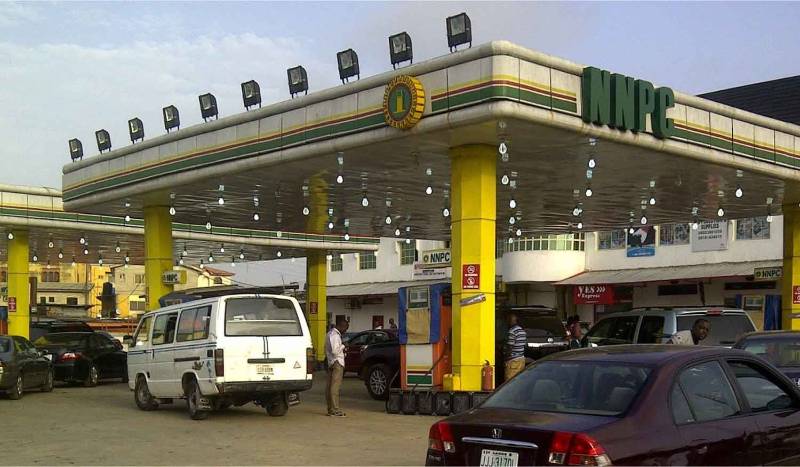Nigeria’s economy has been gravely impacted by heightened inflation, resulting in consistent increase in general prices of goods and services.
This according to Dr. Muda Yusuf, the CEO, Centre for the Promotion of Private Enterprise (CPPE), can be curbed through adoption of some practical economic measures by the government.
CPPE is an economic and business advocacy think tank.

Yusuf made the recommendation while commenting on the January report on Inflationary Trend in Nigerian economy by the National Bureau of Statistics (NBS).
Join our WhatsApp ChannelThe NBS report revealed a marginal drop of 0.87 per cent in headline inflation from 16.47 per cent in January 2021 to 15.60 per cent in January 2022, but experienced an uptrend in general price level by 1.47 per cent on month-on-month basis between December 2021 and January 2022.
The economic expert stated that the food inflation “which has a significant impact on poverty and the poor, remained elevated at 17.13%. Food prices further increased by 1.62% between December 2021 and January 2022, indicating that the uptrend in food prices is yet to abate.”
He observed that core inflation which is largely driven by imports, also maintained an upward trend as it accelerated by 13.87 percent in January 2022 as against 11.85 per cent in the corresponding period of 2021.
The CPPE CEO blamed the persisting inflation in the economy on factors such as: Security crises which disrupt agricultural activities, climate change effects on agricultural production, structural constraints affecting productivity in the agricultural value chain, exchange rate depreciation, and high transportation costs affecting distribution costs across the country.
Others are high and increasing energy costs across the country, High transactions costs at the nations ports which increases production and operating costs of businesses, high import duty on intermediate goods and raw materials, multiple taxation as a result of aggressive revenue drive by government agencies, which also takes a toll on cost of production, and monetization of fiscal deficit. CBN, he pointed out, is financing deficits which according to him was “highly inflationary because of the liquidity injection effects on the economy.”
These according to Yusuf, has implication on the economy in terms of “Escalation of production and operating costs for businesses, leading to erosion of profit margins, drop in sales, decline in turnover and weak manufacturing capacity utilization.
“High food prices which impacts adversely on citizens welfare and aggravates poverty; weak purchasing power which has implications for aggregate demand; and price volatility which undermines investors’ confidence,” Yusuf added.
To curb the inflation in the economy, he recommended measures which include tackling the security challenges causing disruption of agricultural activities across the country, adopting climate change adaptation measures to mitigate the impacts of flooding and desertification, addressing the challenge of high transportation and logistics cost, reform of the foreign exchange market to stabilize the exchange rate, reduce volatility and stimulate forex inflows.
Yusuf also stressed the need to address the issue of high energy consumption costs and high transaction costs at the ports.
He also advocated reduction of duties on imports, especially for raw and intermediate materials, and creation of an investment-friendly tax environment.
Victor Ezeja is a passionate journalist with seven years of experience writing on economy, politics and energy. He holds a Master's degree in Mass Communication.
















